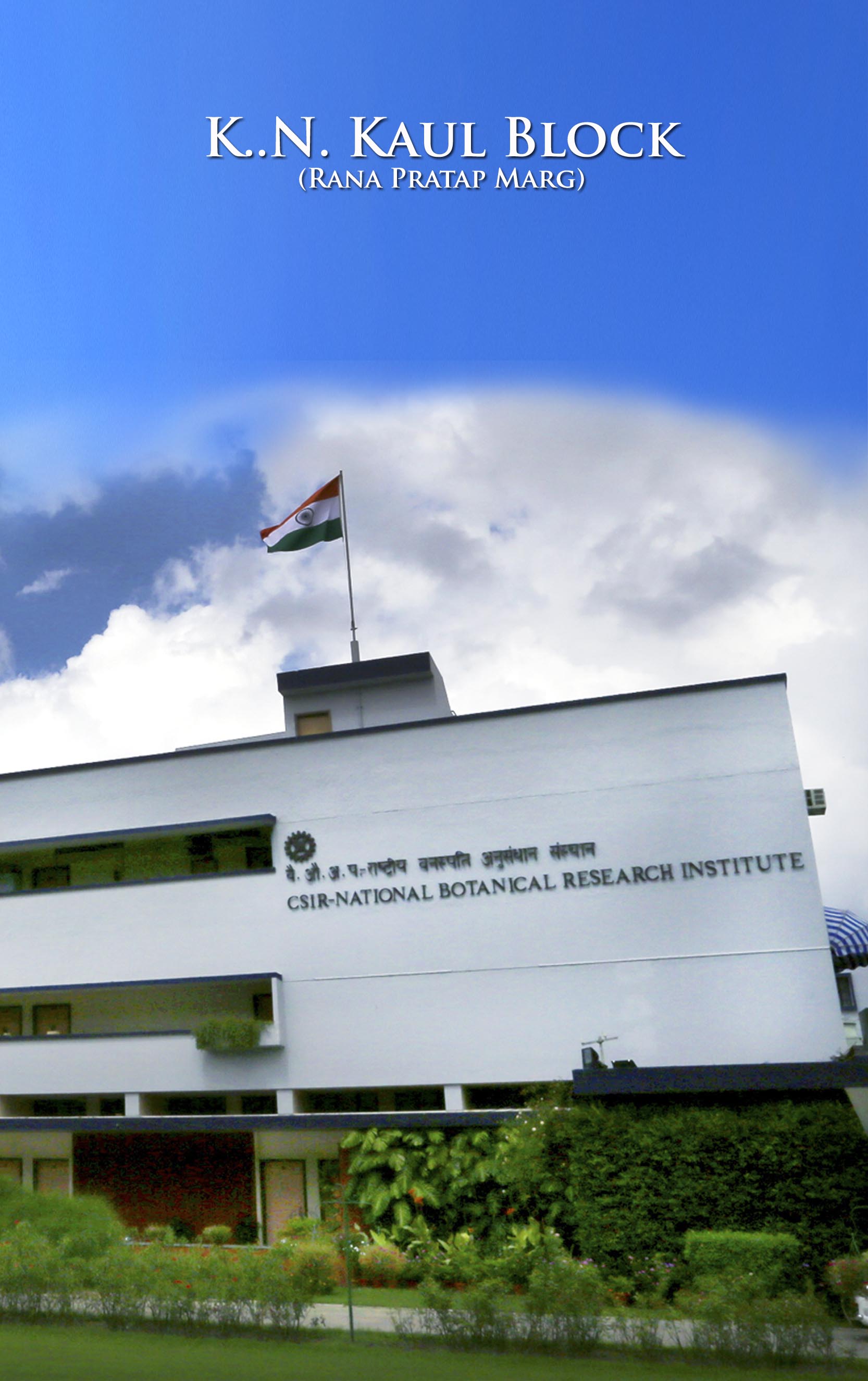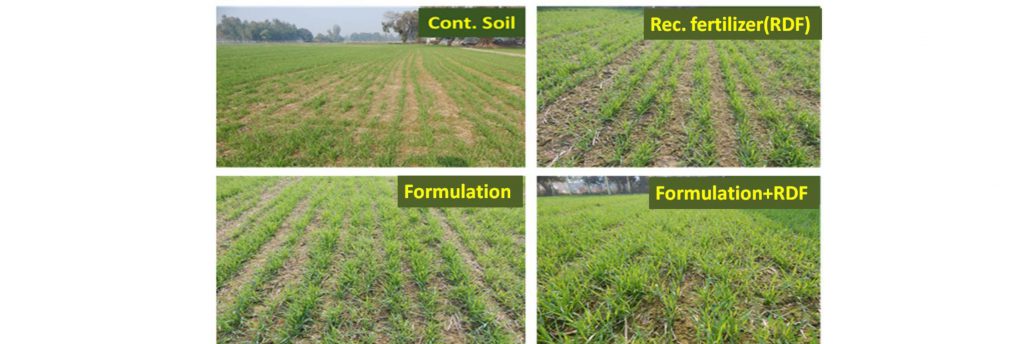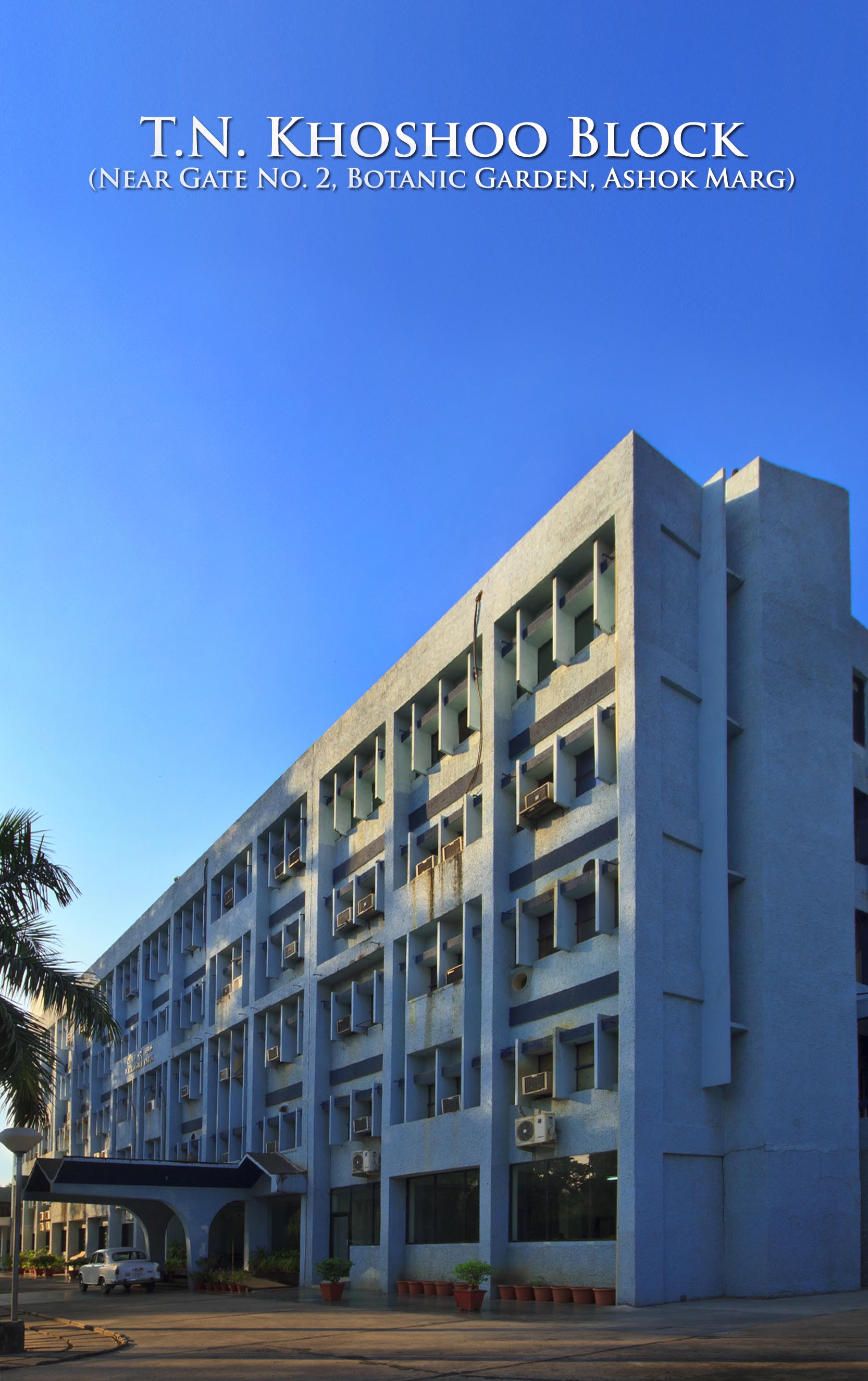
Biostimulants have become a preferred choice to conventional practices for disease and nutrient management throughout the world. Our division has developed a number of biostimulants to improve plant growth under different abiotic and biotic stress conditions. Well established biostimulants of the lab includes Paenibacillus lentimorbus, Bacillus subtilis, Bacillus amyloliquefaciens and Trichoderma spp. with broad-spectrum anti fungal activity and plant growth promotion ability in different crop plants viz. tomato, chickpea, rice and gladiolus. Mechanisms of biological control and amelioration of biotic stress tolerance in different crop plants has also been elucidated. The division has developed biostimulants to improve plant growth and nutritional quality of rice and chickpea for application in arsenic contaminated areas. Bacillus amyloliquefaciens has been demonstrated as a well proven strain to ameliorate salinity and drought stress tolerance in rice through modulation of root architecture, hormone production and different physiological phenomenon. Phsophate solubilising P. putida based technology has been commercialized as phosphate solubilising bacteria (PSB) to the agriculture Deptt. of U.P. Basic studies has also been carried out to demonstrate P.putida mediated abiotic stress tolerance mechanisms in different crops. Consortia of biostimulants for enhancing the in-situ and ex-situ utilization of residual rice straw have also been developed, which are being tested under field conditions. However, number of technological challenges like formulation and delivery systems are important factors, which are being addressed for the commercial viability of the potent strains.
Important unique parameters
Major application(s)
Collaborations
The lab works in collaboration with agriculture deptts/institutes of different states, which include Agriculture deptt. of U.P. , Orissa and North East region.

Fig. Effect of inoculation of different biostimulants on growth of different crops.

Fig. Effect of different biostimulants on growth of betel vine and tomato under field conditions.

Fig. Effect of microbial consortia based biostimulants for on farm utilization of rice straw and its effect on wheat cultivation

Fig. Licensed product of biostimulants
